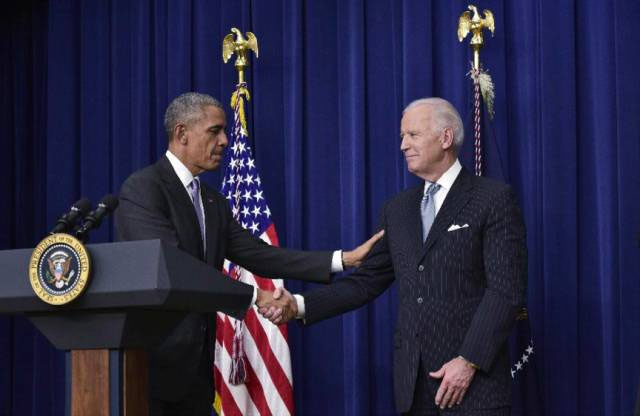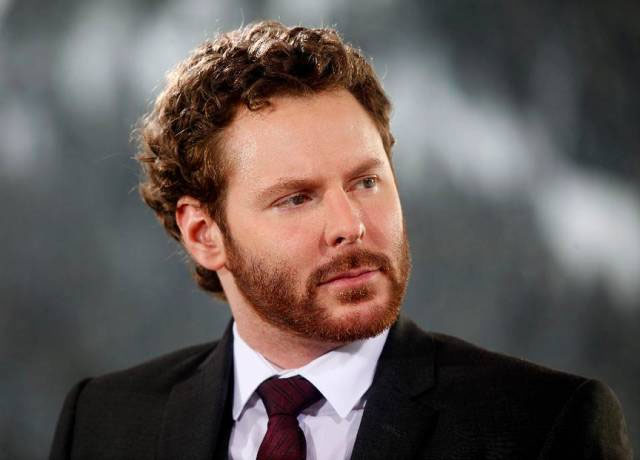2016 is undoubtedly a "small year" for the FDA to approve the new drug process. Up to now, the US FDA has only approved 22 innovative drugs, compared with 45 drugs in 2015, the results are not satisfactory. Only six of the 22 drugs are used to diagnose or treat cancer diseases. However, don't think that 2016 is a black year for the field of oncology. In 2016, hard-working researchers have made many significant advances in anti-tumor research. Recently, foreign media have taken stock of eight major advances in the field of combating cancer in 2016.
2016/1/12 US Vice President Biden leads the US Cancer Month Plan
In early 2016, US President Barack Obama announced a plan called Cancer Moonshot and nominated US Vice President Biden to take charge of this ambitious life sciences program. The plan is not only to shorten the time to market for new therapies, but also to improve existing therapies and propose new options for detecting early disease to increase the likelihood that cancer patients will be treated early. During the year, Biden spent a lot of time consulting with many scientists, pharmaceutical company CEOs, patients and clinicians and proposed the strategic goal of this comparable cancer research program. In October, Biden announced a new program called "Blood Profiling Atlas" to accelerate the establishment and development of liquid biopsy methods that can detect early cancer patients by detecting trace amounts of tumor DNA in the blood. At the same time, he also announced a list of heavyweight biomedical industry players, including medical giants such as Novartis, Pfizer, Thermo Fisher, and Foundation Medicine. Work together under this framework to make it a reality.

2016/4/13 Billionaire Sean Parker founded Cancer Research Center

Individual investing $250 million to set up Sean Parker of the Cancer Research Institute
Although the founder of Napster and the former chairman of Facebook caused a lot of criticism, but he did indeed get the real money for this new cancer research institution, which is also very admirable. Parker has invested a total of $250 million in the cancer immunology research center named after him to develop new therapies that use the body's immune system to fight tumors. At the same time, he also persuaded the six top cancer research institutions to participate in and properly resolve possible patent issues to avoid future intellectual property disputes and new breakthroughs. Participating include the Memorial Sloan Kettering Cancer Center in New York, the University of Pennsylvania, and the MD Anderson Cancer Center at the University of Texas.
2016/4/28 Aberdeen spends $10 billion to acquire Stemcentryx for its lung cancer drug development project Rova-T
On April 28 this year, pharmaceutical giant Aibowei spent $10 billion to acquire Stemcentryx, only to invest in the new lung cancer drug ropalpituzumab tesirine (Rova-T). Abbott believes the drug promises to be a heavy drug with a peak sales of billions of dollars. Rova-T is currently in the treatment of small cell lung cancer, a drug that treats tumors by targeting a new mechanism called DLL3 protein. DLL3 is mainly expressed on the surface of tumor cells. The deal was funded by Facebook billionaire Peter Thiel, which included $5.8 billion in advance payments and more than $4 billion in milestones.
A few months later, at the 2016 American Society of Clinical Oncology (ASCO) meeting, Abbott published a small study showing that 39% of DLL3 patients with high expression of lung cancer responded to the drug, but disappointingly, The drug only extended the average patient survival by one month. A larger clinical trial involving only patients with high expression of DLL3 is currently underway.
China Extract Powder For Use As Dietary Supplement Extract Powder, Extract Powder Manufacturer
Shaanxi Kang New Pharmaceutical co., Ltd. , https://www.bodybuildingoil.com